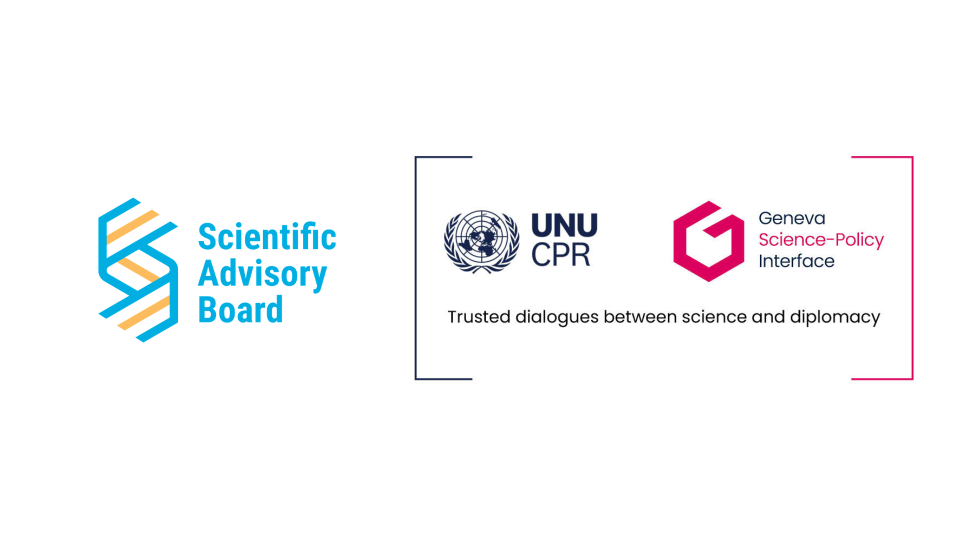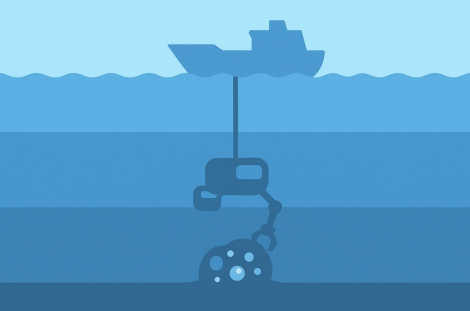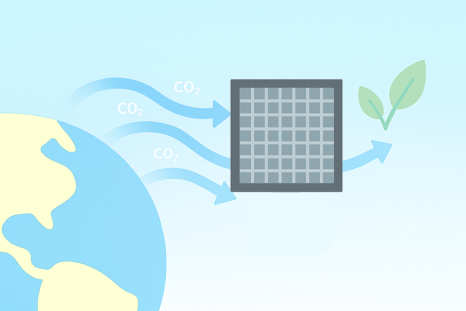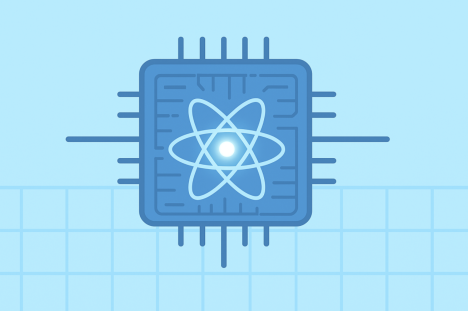Technology is advancing faster than governance can adapt
The multilateral system is entering a decisive decade. Scientific and technological breakthroughs are reshaping societies, economies and ecosystems faster than governance can respond. Diplomats are asked to negotiate rules and anticipate the impacts of innovations that can barely be tracked, often with limited resources and no structured access to expertise. Scientists, meanwhile, lack clear entry points into diplomatic processes, and their insights rarely arrive when needed.
Meeting these twenty-first century challenges requires more inclusive, knowledge-driven cooperation. Stronger spaces for science–policy exchange can help ensure that decisions are evidence-based, timely and responsive to complex global issues.
Trusted spaces where science and diplomacy meet
To address this, UNU-CPR and the Geneva Science-Policy Interface (GSPI) have launched an initiative to support Geneva-based diplomats with tailored scientific input and a trusted network of practitioners. It also helps researchers build lasting links with international policy actors.
Through informal exchanges and briefings, the initiative brings diplomats and scientists together to identify priorities, close knowledge gaps and tackle pressing technological and scientific issues.
Geneva as a hub for science–policy collaboration
By connecting cutting-edge expertise with the UN system in Geneva, the initiative helps ensure that scientific knowledge informs solutions to global challenges. Drawing on Geneva’s ecosystem of international organizations, academic institutions, NGOs and diplomatic missions, it strengthens the city’s role as a global hub for science–policy collaboration.
Upcoming Science–Policy Briefings | |
| 16 March 2026 | Carbon Dioxide Removal in the Post COP30 Landscape |
| 21 April 2026 | Deceptive AI: Risks for Scientific Integrity and Technological Innovation |
| May 2026 | AI and the Future of Climate Modeling |
| 9 June 2026 | When AI Misleads: Managing Deceptive Capabilities in Advanced Systems |
| 23 June 2026 | Verification of Frontier AI Models |
| August 2026 | Mirror Biology: Emerging Science and Security Implications |
| October 2026 | Environmental and Resource Implications of Deep-Sea Mining |
| November 2026 | Green Chemistry and the Future of Sustainable Industry |
Participation is by invitation only. Member State representatives interested in participating are invited to contact: comms-cpr@unu.edu
Past Science–Policy Briefings | |
| 4 December 2025 | The Quantum Leap and What it Means for Health Systems |
| 21 November 2025 | Neurotechnology and its Implications for Health and Human Rights |
| 29 October 2025 | In the Lead up to COP30: Synthetic Biology for Low-Carbon Fuels and Industrial Materials |
| June 2025 | Health and Security Implications of Synthetic Biology |
From Science to Policy: Contributions from the UN Secretary-General’s Scientific Advisory Board
The GSPI–UNU-CPR initiative builds on the work of the UN Secretary-General’s Scientific Advisory Board, particularly its Science Briefs. These are concise, peer-informed summaries that distill current knowledge on emerging scientific and technological issues to inform multilateral decision-making.
The following Science Briefs support our past and upcoming science-policy exchanges.
Partners










